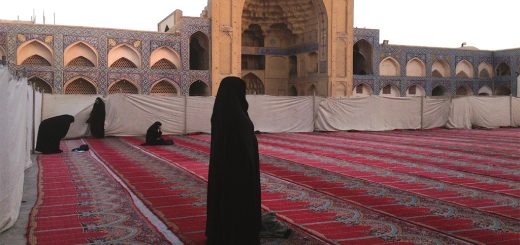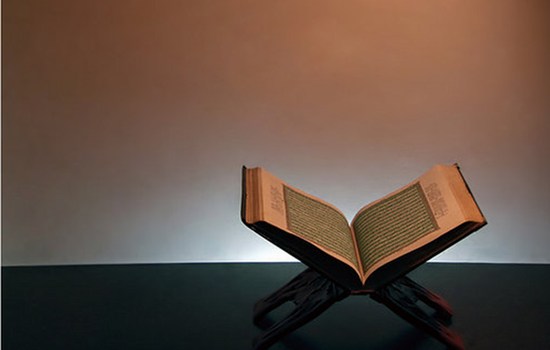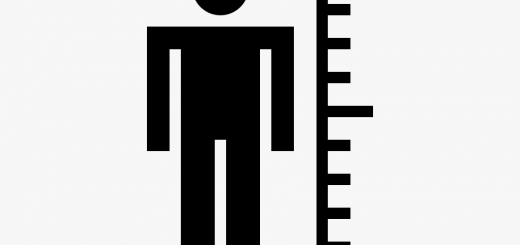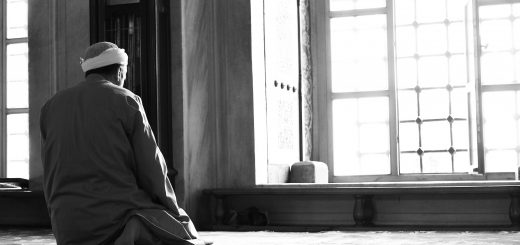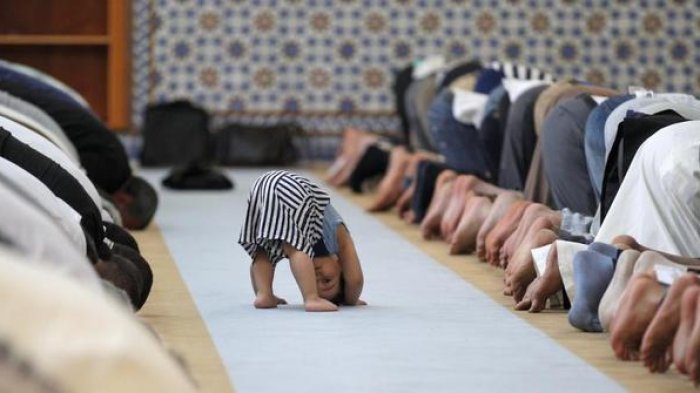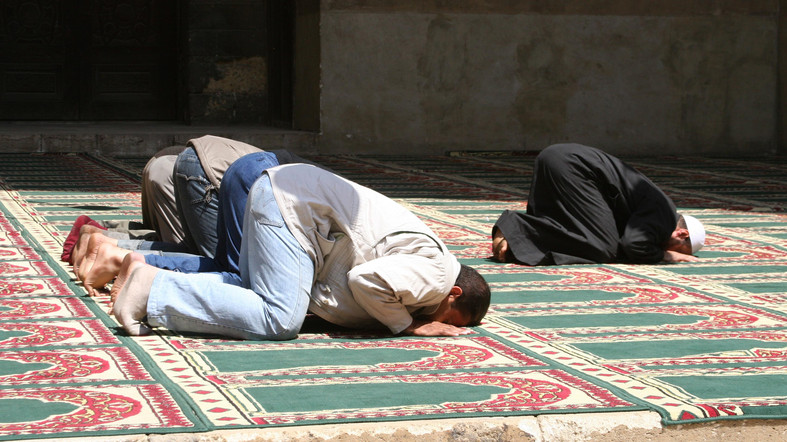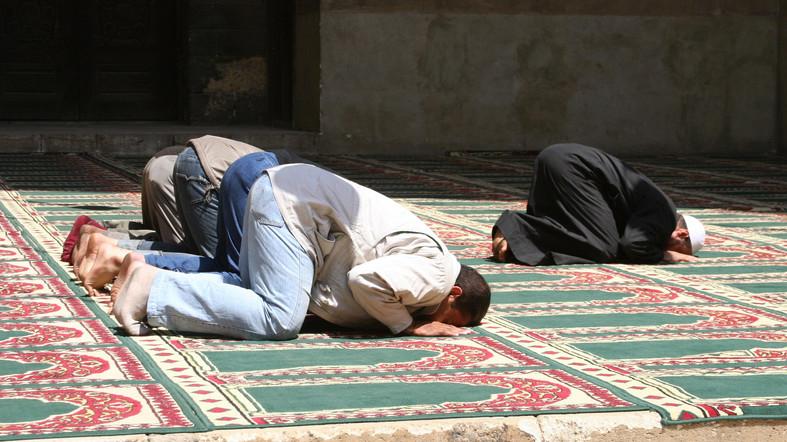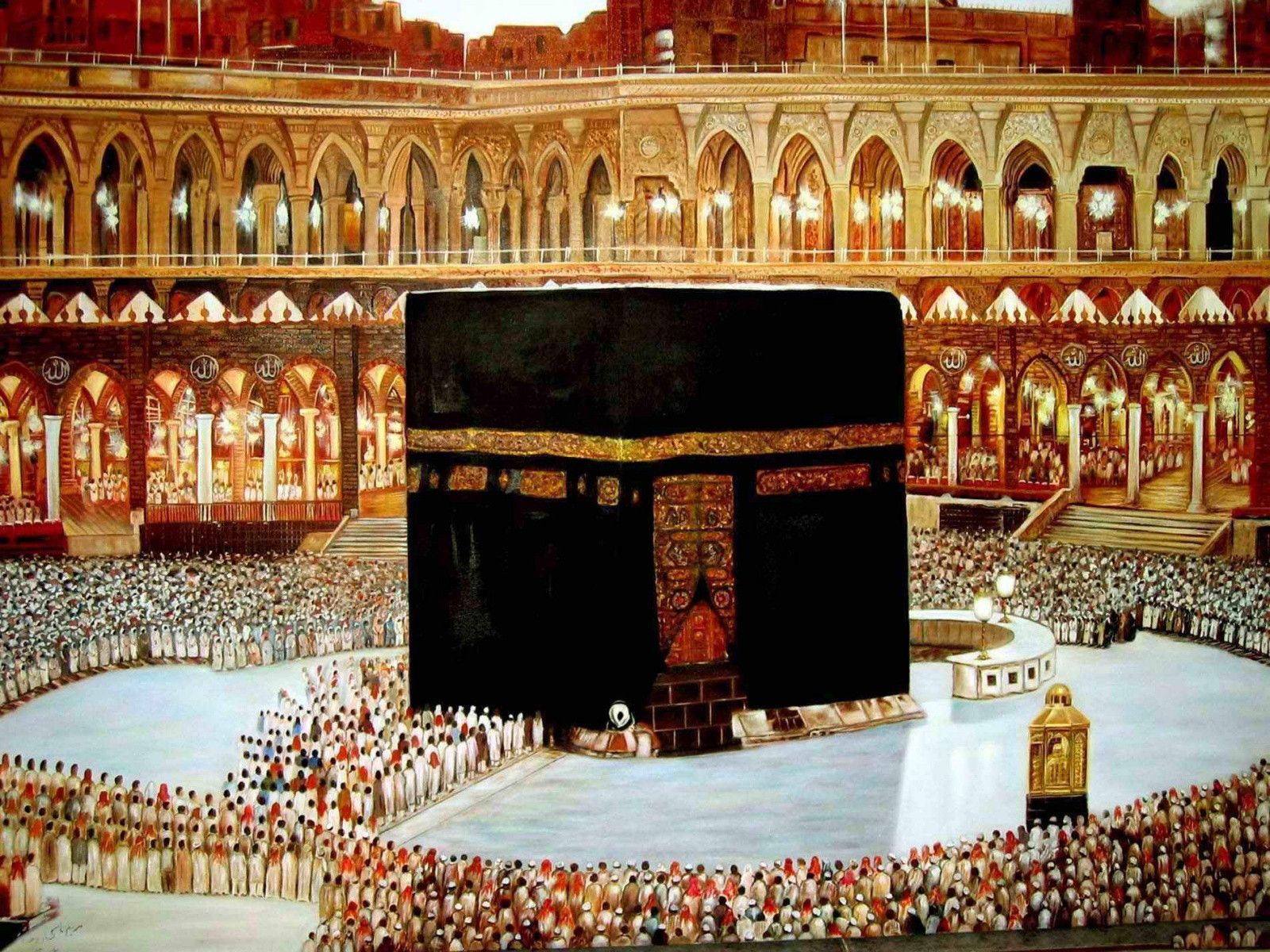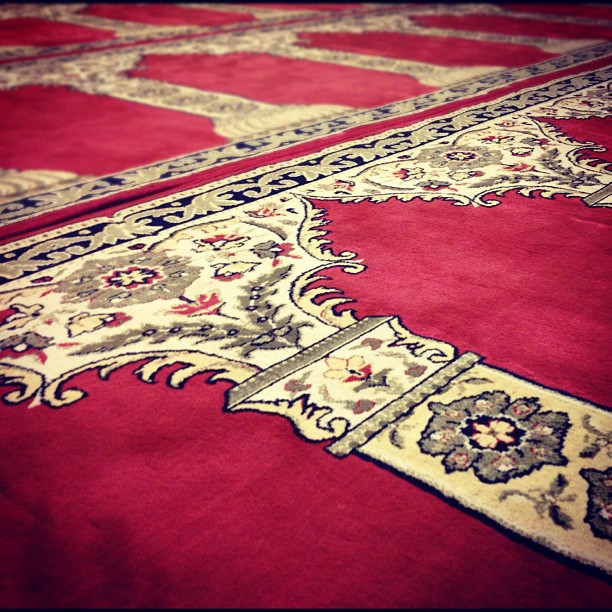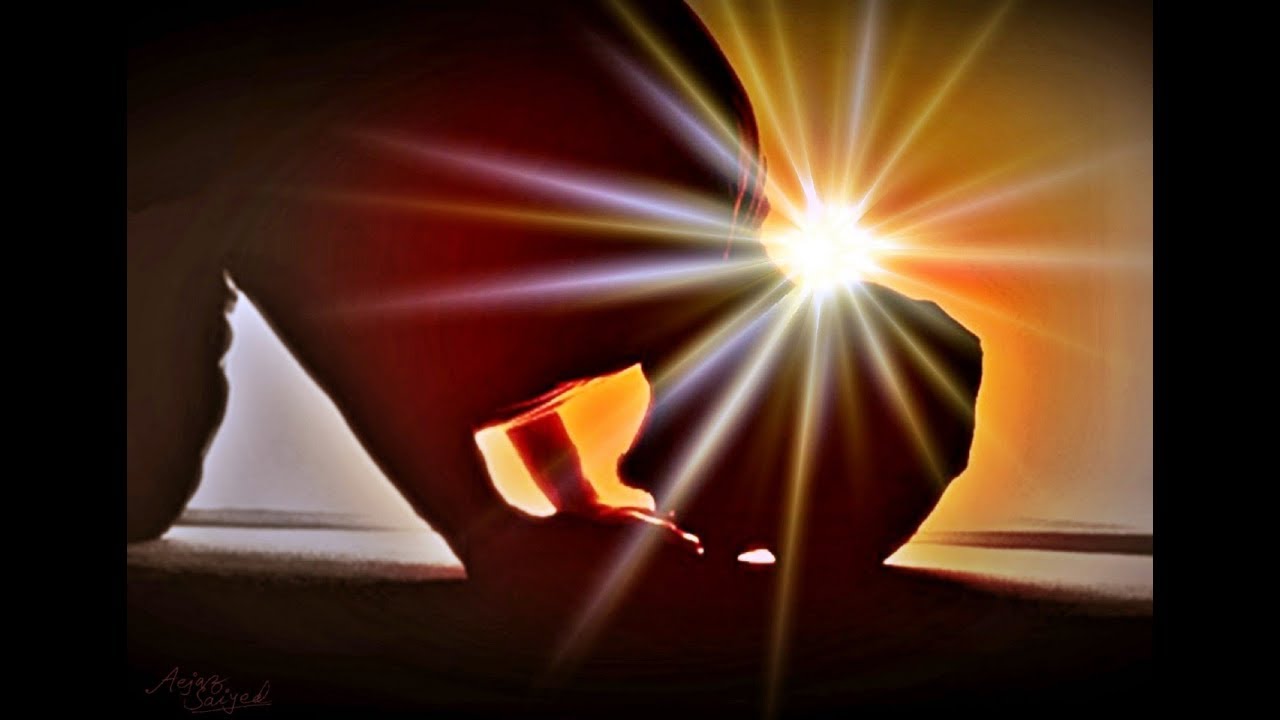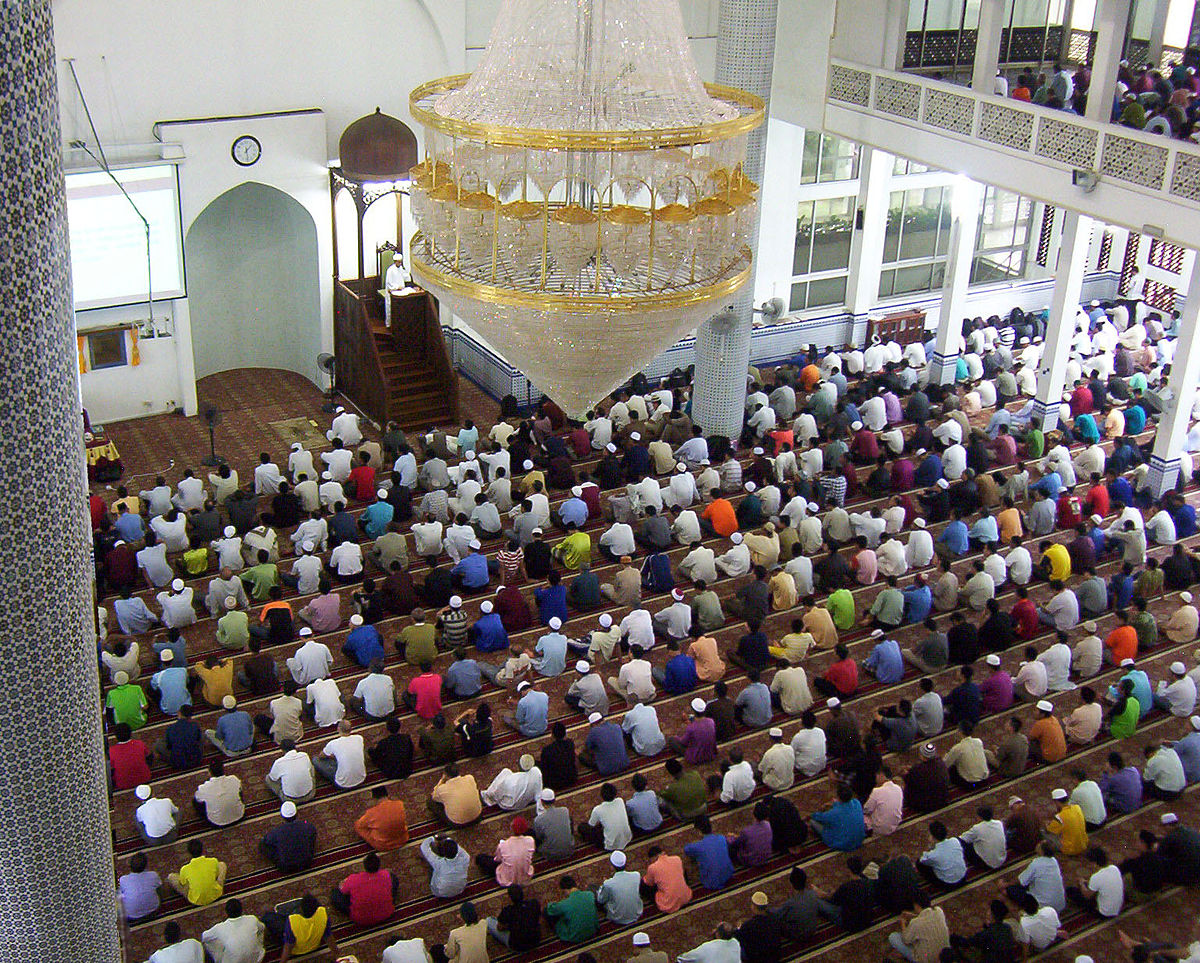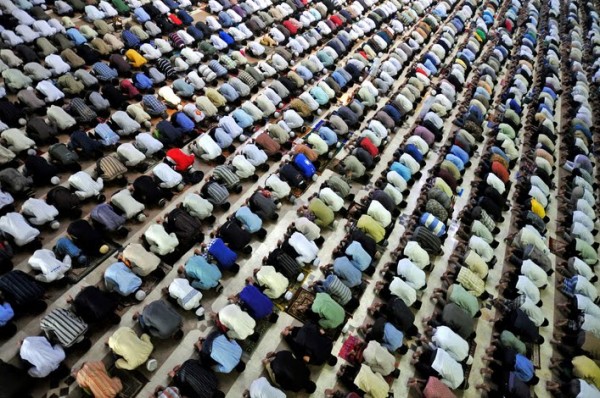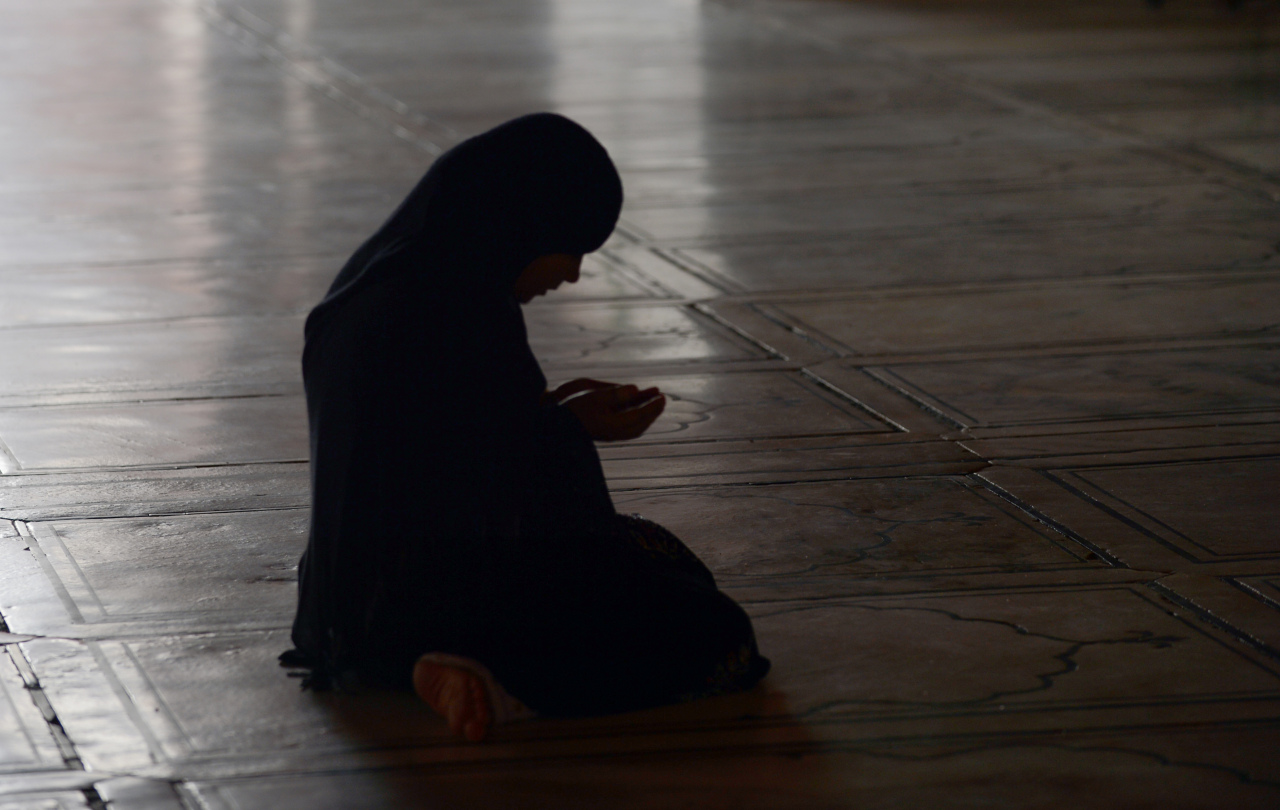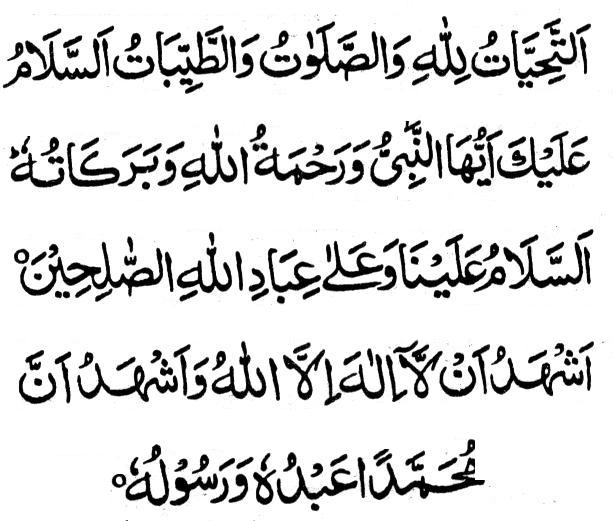QUESTION:
What do the scholars of the Dīn and muftīs of the Sacred Law state regarding the following issue: Where is reciting Durūd Sharīf before and after the Adhān proven from? If it’s not, then why is it recited because people from other sects say that it is a bid’ah [innovation] and that adding something to Islām is a bid’ah. Some people also recite it before Iqāmah as well. Is it only Mustahabb to do this?
Questioner: Hashim from London
ANSWER:
بسم اللہ الرحمن الرحیم
الجواب بعون الملک الوھاب اللھم ھدایۃ الحق والصواب
It is permissible and Mustahabb to recite Durūd Sharīf before the Adhān and Iqāmah. This is because reciting Durūd Sharīf has not been prohibited for any time, nor has it been specified to a certain time that reciting at this time is impermissible, this time is makrūh [disliked], this time is permissible; it’s not like this at all. In fact, Allāh Almighty has given permission for Durūd Sharīf to be recited at all times without limiting it to a certain time, just as He Almighty states,
{إِنَّ اللَّهَ وَمَلَائِكَتَهُ يُصَلُّونَ عَلَى النَّبِيِّ يَا أَيُّهَا الَّذِينَ آمَنُوا صَلُّوا عَلَيْهِ وَسَلِّمُوا تَسْلِيمًا}
{Indeed Allāh and His angels send blessings upon the Conveyor of the unseen (Prophet). O Believers! (You too) send blessings and abundant salutations upon him}
[Sūrah al-Ahzāb, v 56]
Reciting Durūd Sharīf after the Adhān is actually proven from Hadīth, just as it is stated in a Hadīth in Muslim Sharīf that Sayyidunā ‘Abdullāh bin ‘Amr bin ‘Ās narrates that his respected father Sayyidunā ‘Amr bin ‘Ās, may Allāh be pleased with them, heard from the Noble Prophet ﷺ that,
“يَقُولُ:إِذَا سَمِعْتُمُ الْمُؤَذِّنَ فَقُولُوا مِثْلَ مَا يَقُولُ ثُمَّ صَلُّواعَلَيَّ، فَإِنَّهُ مَنْ صَلَّى عَلَيَّ صَلَاةً، صَلَّى اللَّهُ عَلَيْهِ بِهَا عَشْرًا”
“He said, ‘When you hear the Mu’adhdhin, repeat what he says, then send Durūd & Salām upon me, for the one who sends Durūd & Salām upon me once, Allāh Almighty will bestow ten mercies upon him.’”
[Sahīh Muslim, Hadīth no 384]
It is a request to those deviant who chant bid’ah bid’ah that they recite Durūd Sharīf after the Adhān, because reciting Durūd Sharīf after the Adhān is established and proven from Hadīth. However, they recite it neither before the Adhān nor after, so now what is the problem? If they say we recite in our hearts, then they should present evidence from the Qur’ān or Hadīth for reciting Durūd Sharīf in the heart.
In short, it is permissible to recite Durūd Sharīf at any time, be it before the Adhān or after.
If the objection is made that to recite Durūd Sharīf before the Adhān in such a manner is bid’ah, then it is correct; this is bid’ah hasanah, and there is reward in the carrying out of bid’ah hasanah; actually it is not a sin. Just like Amīr al-Mu’minīn Sayyidunā ‘Umar Fārūq A’zham, may Allāh be pleased with him, arranged the formal jamā’ah [congregation] of the Tarāwīh salāh, and regarded it as a good bid’ah himself. One also comes to know from this that whichever new action the Blessed Companions, may Allāh be pleased with them, introduced after the Holy Prophet ﷺ physically left this world, it is also known as a bid’ah hasanah. Before, there was no arched Mihrāb in the Masjid; Sayyidunā ‘Abd al-‘Azīz, may Allāh be pleased with him, was the first to be bestowed with the honour to make a Mihrāb in al-Masjid al-Nabawī al-Sharīf (peace, blessings and salutations be upon its master). This new bringing about (bid’ah hasanah) is accepted to such an extent, that a Masjid is recognised worldwide from this. Likewise, the bringing about of a dome and minaret is also something which came about later. In fact, the minarets of the Ka’bah were not present in the blessed era of the Holy Prophet ﷺ and the Blessed Companions, may Allāh be pleased with them. The making of Īmān Mufassal, Īmān Mujmal, the Holy Qur’ān being in the form of 30 pārahs, placing harakāt on, making rukū’s in it, placing the signs for Quranic punctuation [pauses], in fact placing nuqtahs [dots i.e. on the letters in order to differentiate between them] were all done so after. Printing them in beautiful volumed sets, etc, presenting the Blessed Hadīths in book format, scrutinising their sanad [chain of narration], making their types of Sahīh, Hasan, Da’īf, Mawdū’, etc, Fiqh, Usūl al-Fiqh, ‘Ilm al-Kalām, paying Zakāh & Fitrah with the predominant currency, in fact even with notes which have pictures on them, traveling for Hajj via ships and planes rather than by camel, etc; all of these actions are bid’ah hasanah. When all of these actions are permissible, then how can reciting Durūd Sharīf be impermissible?
واللہ تعالی اعلم ورسولہ اعلم صلی اللہ علیہ وآلہ وسلم
کتبہ ابو الحسن محمد قاسم ضیاء قادری
Answered by Mufti Qasim Zia al-Qadri
Translated by Haider Ali
Read the original Urdu answer here: [Q-ID0556] Where is reciting Durud Sharif (Salawat) before and after the Adhan proven from?
Also see:
[Q-ID0301] What is correct understanding of Bid’ah (innovation) in Islam?

